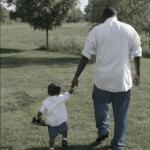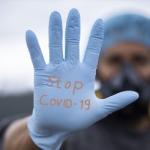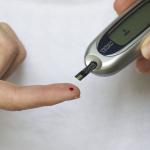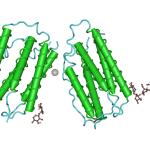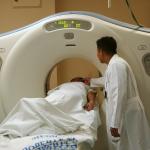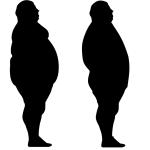The idea of a puff topography should not really be news to any of us. After all, it was that young scientist, turn President that said over 25 years ago,
Disease
“What is the association between adolescent health conditions that are commonly treated by physicians and accelerated biological age at midlife?”
Donald Rumsfeld, the two-time secretary of defense (Gerald Ford and George W.
The CDC study is a retrospective review of commercial medical claims from two companies before and during the pandemic.
Before jumping into Dr. Bastard’s research, we need a few background definitions.
The data is from the CDC’s National Vital Statistics; the years of life lost were based upon the difference in the age of death versus an average age of death of 80. I’ll let the graphs speak first and catch you on the other side.
“…vaccines do not offer complete protection against infection by SARS-Cov-2…” Clinical Infectious Disease
“Emergence of new variants of concern, vaccine hesitancy, and barriers to global vaccine equity have created challenges to containing the pandemic.”
Fat, in medicine, it is called adipose tissue, is the body’s primary energy reservoir, storing energy in the bountiful times, releasing it in the fallow.

